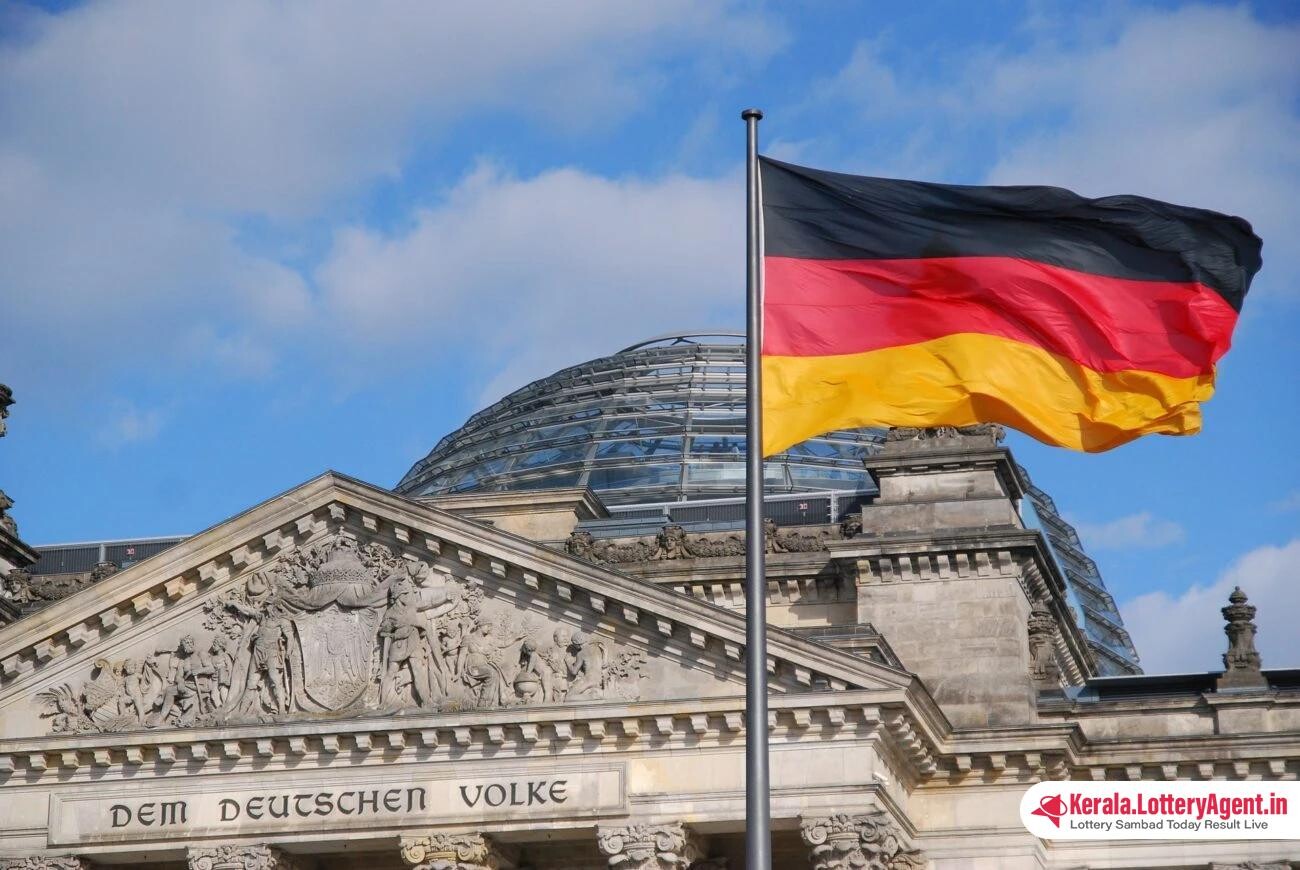
The legal landscape for online gambling in Germany is poised to undergo a significant shift as the Federal Court of Justice, known in German as the Bundesgerichtshof (BGH), schedules a pivotal hearing on the 2nd of May. This hearing will center upon a contentious issue that has both players and gambling operators on edge—the possibility of players recovering their losses from betting with unlicensed online gambling services.
This seminal case was brought to light by an individual who is now the claimant, after having their complaint initially dismissed by the Lower Court of Dresden in the preceding year. The defendant, an Austria-based sports betting operator, had extended its services to German players back in 2018 without the necessary permissions required by German law. This fact forms the crux of the claimant’s argument—that the sports betting venture was illicit given that it did not conform to the GlüStV 2012 or Germany’s State Treaty on Gambling, which dictates monthly maximum stakes per player, and mandates a strict separation between sports betting and other forms of gambling.
Court documents reveal that the claimant argues vehemently against the defendant’s illegal offering, which included utilizing a cash-out function, directly contravening the stipulations set forth by the GlüStV 2012. In light of these alleged breaches, the claimant demands the restoration of their substantial losses, totaling €11,984.89, plus interest.
Hambach & Hambach, a renowned Munich-based law firm that specializes in gambling law, has weighed in on the current legal climate pertaining to gambling in Germany. Claus Hambach, a partner, and Phillip Beumer, a senior associate at the firm, contend that a decision in favor of the claimant could set a precariously risky precedent for Germany. They highlight that the Federal Court of Justice has outlined in a comprehensive note its initial position that players could, in principle, be granted reimbursement for their losses accrued from engaging in sportsbook offers operated by entities lacking a German license.
Given the history, where until the end of 2020 no licenses had been issued to such operators, the Federal Court’s note casts a probability of reimbursement under particular circumstances. The looming question is whether this will pave the way for a flood of similar legal actions by other aggrieved parties.
The notion of a class action on a massive scale is not unfounded. Media outlets and the “player claim industry” have signaled that the court’s note may indeed incite a spike in complaints and litigations. Hambach & Hambach emphasize the potentiality of this happening, citing the willingness of financial backers to support such claims, which were previously restricted to casino losses and now include sports betting.
One major hurdle, however, is the reality that most operators are not domiciled in Germany, nor do they possess assets in the country that could be subjected to enforcement. Most foreign jurisdictions provide mechanisms to contest the enforceability of external judgments. Maltese licensed operators, for instance, have the potential to reject enforcement based on Malta’s recent Bill 55, which disallows the recognition of foreign judgments against operators certified in the European market.
Germany’s regulator has voiced concerns that this Maltese legislation could clash with the Brussels Recast Regulation, which harmonizes judicial decision-making across EU members. The Maltese Gaming Authority (MGA), in defense, refers to a clause in the Recast Regulation that allows for the dismissal of judgments that contravene a member state’s legal principles.
Despite the European Commission’s efforts to examine the compatibility of Malta’s Bill 55 with EU law, the final arbiter could be the European Court of Justice. It has a history of providing the last word in conflicts between European and domestic laws. Hambach & Hambach warn that reimbursements will bear untoward implications for Germany, as it could swell the black-market activity, incentivize players to patronize unlicensed operators, and compel the state to refund previously collected taxes, further exacerbating the legal chaos.
A study from the University of Leipzig, backed by industry associations DOCV and DSWV, underscores that nearly half of the country’s online gambling activity is funneled through unlicensed channels causing significant tax revenue shortfalls. Therefore, a ruling favorable to the claimant could plunge Germany into a compensatory predicament, one where German states may find themselves accountable for damages due to past regulatory inconsistencies.
Germany’s extensive regulatory quandaries are unlikely to be rapidly resolved—certainly not before the current Interstate Treaty on Gambling’s expiration in 2027. Nonetheless, the GGL is diligently working to streamline licensing proceedings and toughen measures against illicit gambling. But until these efforts bear fruit, any legal endorsement of “risk-free bets” with black-market entities will remain antithetical to Germany’s interests.












